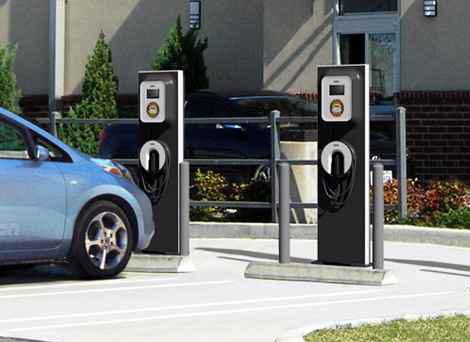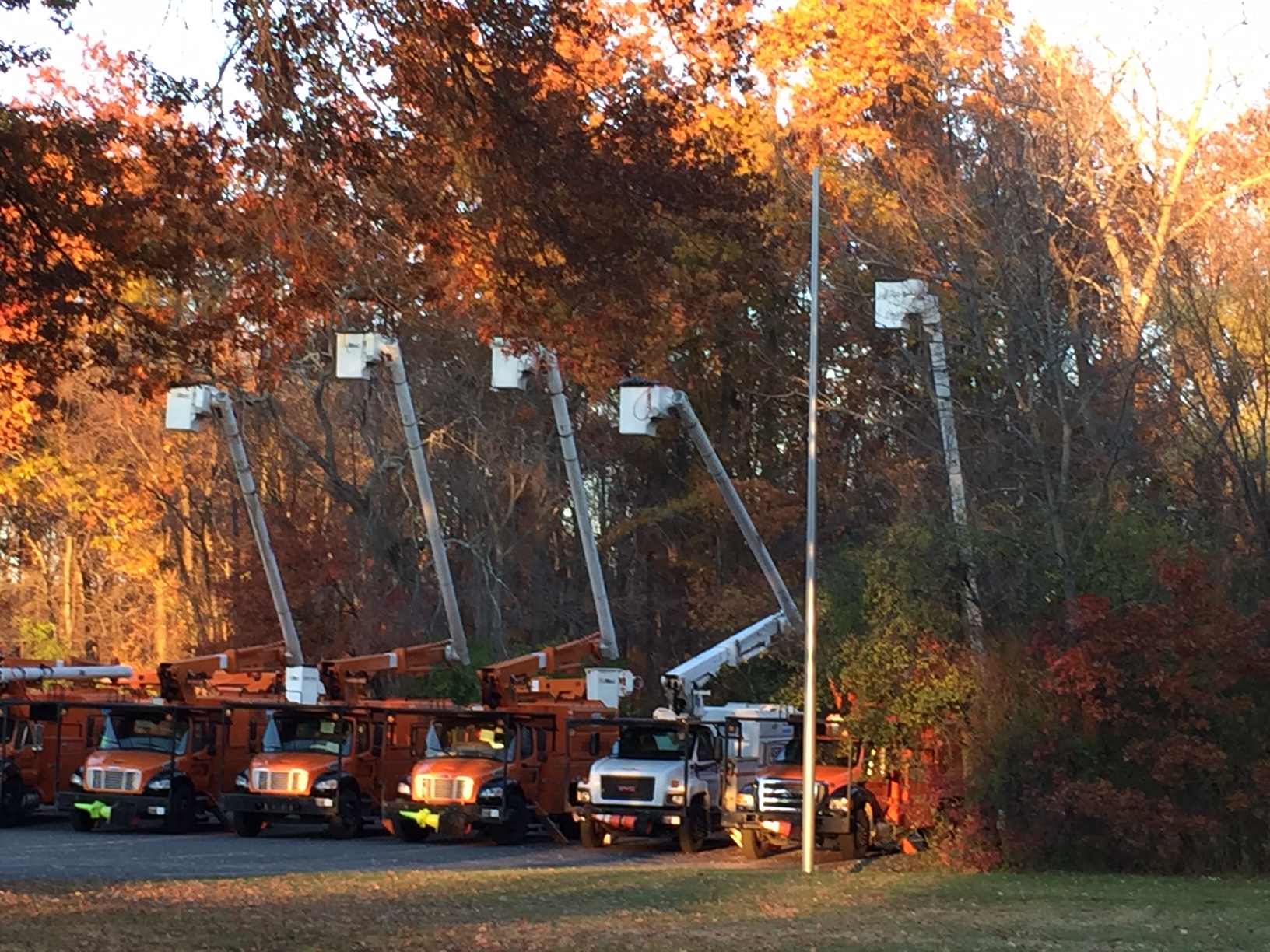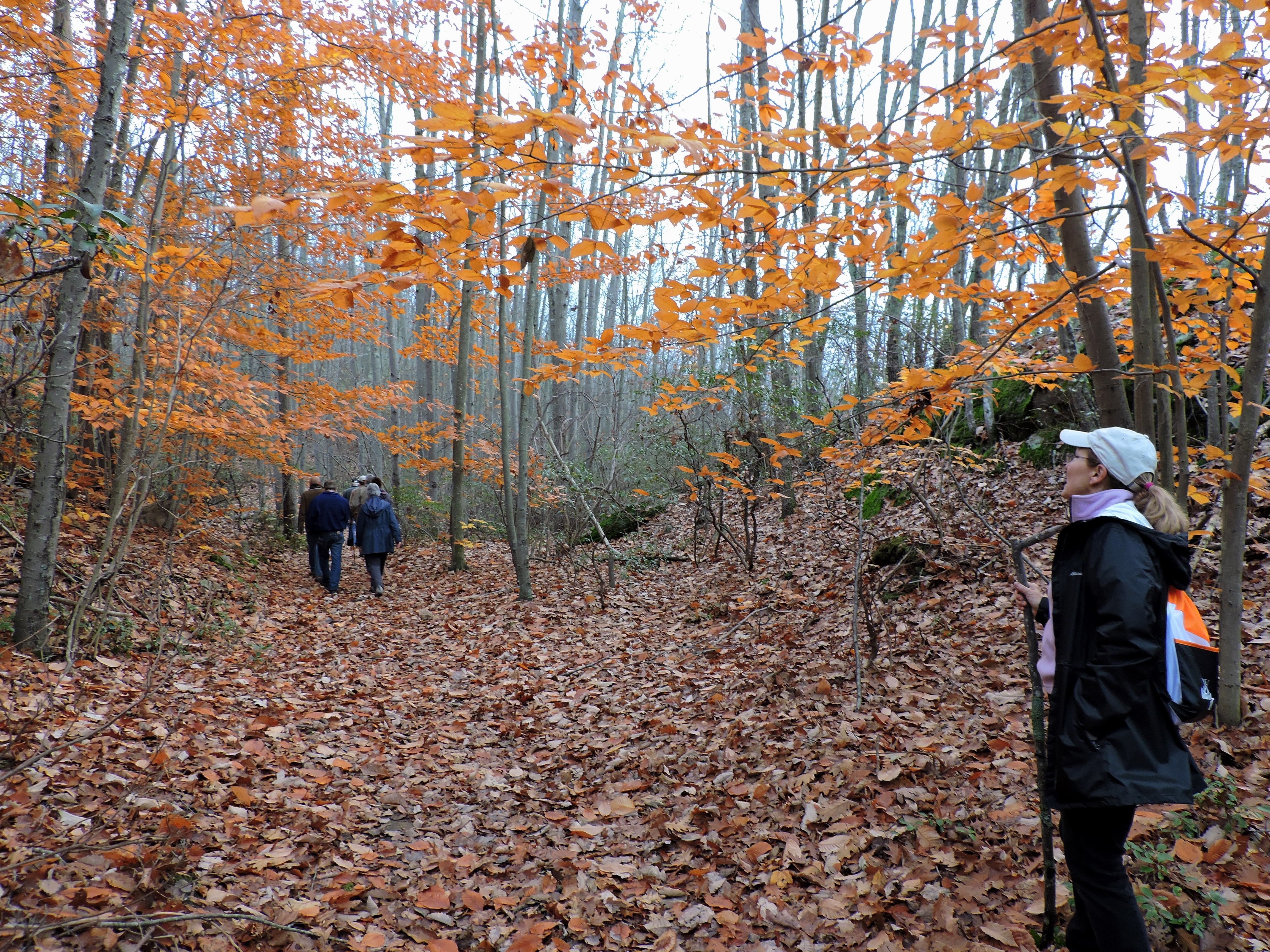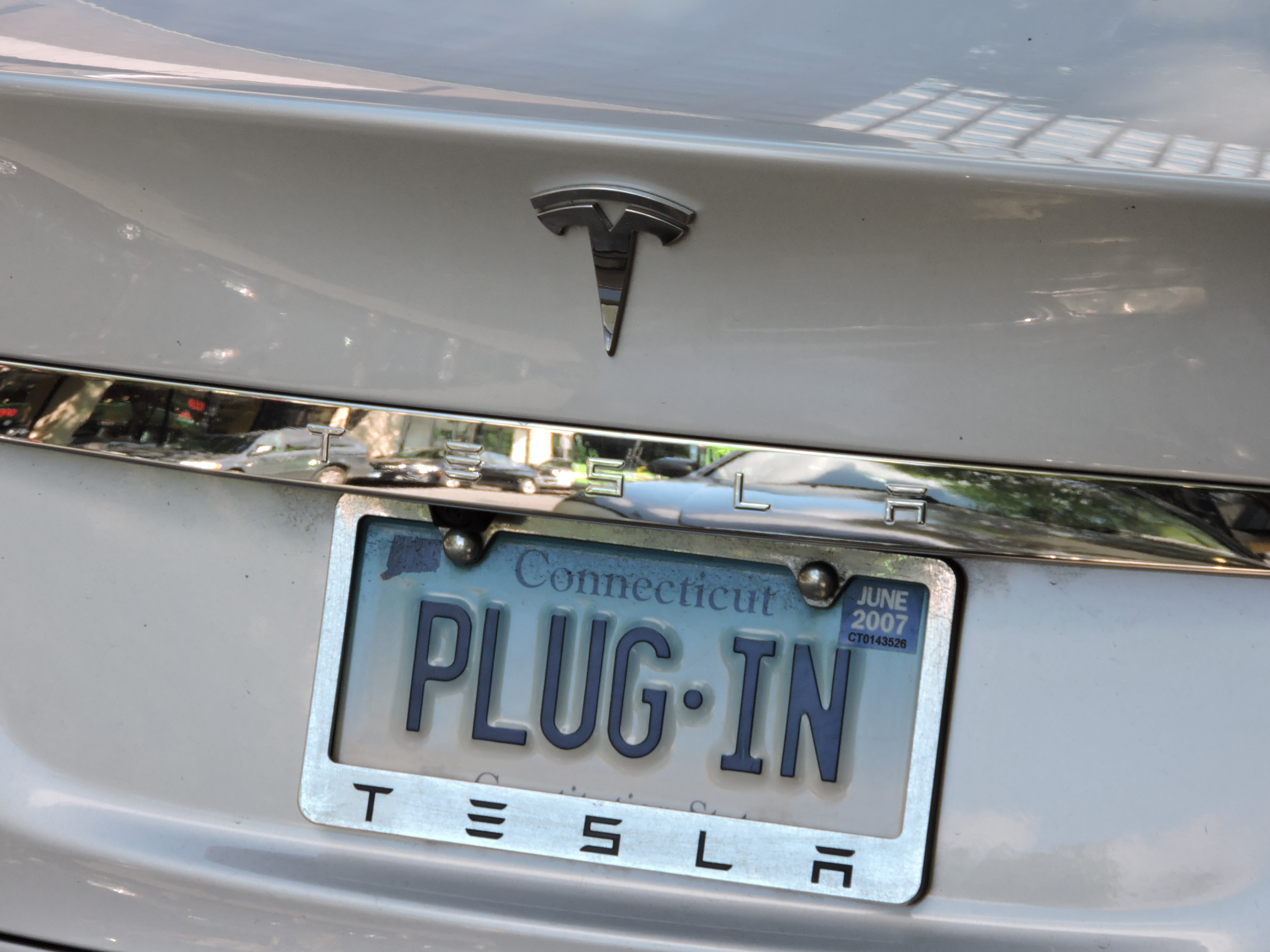Mixed outcomes for environmental priorities mark the end of regular legislative session.
Bills benefiting the environment, including protecting roadside trees, expanding access to renewable projects in Connecticut, and accelerating the adoption of electric vehicles, passed both chambers as session came to a close. Several bills damaging to Connecticut’s air, land, and water, including one that would retroactively allow polluters to contest consent orders, were stopped. And some environmental priorities, including a constitutional lockbox to protect raids on the Special Transportation Fund, were not voted upon in the final hours.
Positive bills that passed
A bill, House Bill 5510, accelerating the transition to zero-emission vehicles, including electric vehicles, passed both chambers during session. The bill was strongly advocated by the Connecticut Electric Vehicle Coalition, which CFE coordinates.
“We’re thrilled by the passage of the electric vehicle bill,” said Shannon Laun, energy and environment attorney at CFE/Save the Sound. “Along with being fun to drive and cheaper to fuel and maintain, electric vehicles go a long way towards helping Connecticut meet our climate goals. And transitioning to these clean cars is not only good for the climate – electric vehicles also clean the air and reduce health problems like asthma. Passage of this bill puts Connecticut on track to a green transportation future.”

A bill that protects roadside trees in Connecticut passed both the House and Senate, thanks to hard work by Connecticut Forest and Park Association, the New Haven Garden Club, CFE, and other allies. The bill adds new requirements for the electric utilities’ vegetation management practices—pruning or cutting down roadside trees. First, the bill requires utilities to remove debris left over from tree cutting. The bill also requires the utilities to submit their plans for roadside tree cutting to towns and tree wardens in advance, and requires towns to make the plans publicly available. CFE has been advocating for this bill in response to over-zealous tree trimming performed in the last several years by Connecticut’s electric utilities.
“Roadside trees provide shade, improve property values, reduce stormwater runoff, offer bird habitat, and beautify our communities. Haphazard trimming and extensive cutting must be a thing of the past, and towns and citizens must be given sufficient notice of the changes coming to their own roadsides and neighborhoods,” said Shannon Laun, energy and environment attorney at CFE/Save the Sound. “Passage of H.B. 5150 is a victory for Connecticut’s environment and people.”

“Virtual net metering lets excess clean energy generated in one spot be used towards energy use elsewhere. For instance a community could generate more than enough energy to power its City Hall via solar panels on the roof, and use the credits from the extra energy to help pay the electricity bill for its elementary school,” explained Shannon Laun. “Senate Bill 394 will reward towns, state agencies, and farms that have installed renewable energy by expanding the available energy credits.”
A proposed land deal between New Britain and the Tilcon gravel mining company would have set a damaging precedent in drinking water lands protection and possibly threatened the purity of resident’s drinking water. In the end, the harmful effects of S.B. 300 were minimized and instead of approving the land deal as originally proposed, the bill mandates an independent study of impacts to water quality, the long-term water supply needs of New Britain, environmental impacts to forests and wetlands, and other factors. “Our public drinking water lands must not be turned over to private interests and degraded by industry. We’ll keep a close eye on the study and track how it is considered in Connecticut’s forthcoming State Water Plan, which will provide badly-needed data to guide water use decisions statewide,” said Leah Schmalz, program director at CFE/Save the Sound.
House Bill 5427 makes a variety of changes to a Shared Solar pilot program that could allow renters, people with shady roofs, and others who can’t install solar panels on their own homes to subscribe to a larger, shared clean energy facility like a solar farm. It is our hope that projects will now be proposed quickly so that the two-year pilot program can begin. The sooner Connecticut can move to the type of full-scale Shared Solar program that is already succeeding in other states, the better for residents’ wallets and for our climate.
In a big victory for land conservation, the legislature approved a measure to send a constitutional amendment increasing protections for state-owned open space to state residents for a vote, though the bill did not reach the three-quarters threshold necessary to get the measure on the ballot this year. The measure must be approved by next year’s General Assembly by simply majority to make it on the ballot. The Connecticut Forest and Parks Association and Connecticut Land Conservation Council led the charge, with the support of several other allies, to fight for support on SJR 36. If the measure passes in a future ballot measure, it will help protect forests and fields from unnecessary development and increase the public’s confidence that lands transferred to the state will in fact be conserved for future generations. The success of the initiative in only the first attempt to get it on the ballot highlights the strong coalitions and grassroots support for protecting Connecticut’s open spaces.
Damaging bills that were defeated
Several bills bad for people and the environment were trotted out by industry representatives during session, but were fortunately defeated by coalitions of environmental organizations and businesses.
An amendment to S.B. 326, an otherwise good bill, would have hamstrung the Department of Energy and Environmental Protection’s existing authority to stop big polluters from dumping toxic waste in our waters and polluting our air. It contained a particularly troublesome section that would have clawed back existing consent orders by retroactively allowing polluters challenge them.
Under the misleadingly innocuous title “An Act Requiring a Study of the Adequacy of Energy Supplies in the State,” S.B. 344 would have pitted renewable energy against nuclear plants, trash-burning power plants, and large hydro that strangles rivers. The proposal also invited major conflicts of interest by potentially allowing electrical distribution companies to pick energy projects in which they have an interest. The bill was negotiated behind closed doors and never received a proper public hearing. Environmental advocates, clean energy businesses, and even the electrical companies opposed it; the only major supporter of the bill was Dominion Energy, which owns Millstone nuclear power plant and would have gotten an unfair business advantage under the proposal. The bill got through the Senate and was not called for a vote in the House. “We’re grateful to the House for stopping the Millstone bill, but it is extremely disconcerting that a proposal of this magnitude made it as far as it did, especially given the language was negotiated under a cloak of darkness with no public input,” said Leah Schmalz. “Connecticut’s future lies in clean, safe, locally-produced renewable energy like wind and solar, not massive energy plants that cause more problems than they solve.”
Positive bills that didn’t make it over the finish line
While several environmental priorities made it through the legislature this year, many fell victim to the clock running out, including the proposal to send a transportation lockbox for the Special Transportation Fund to voters in a constitutional referendum next November.
“In the midst of a multi-year budgetary crisis, the legislature punted on a measure to protect transportation funds, H.J. 1,” said Karen Burnaska, coordinator of the Transit for Connecticut coalition. “The proposal to put the Special Transportation Fund lockbox before November’s voters in a constitutional referendum should have been as easy as it gets – who wouldn’t want voters to decide the future of such an important policy proposal for our state? We’re disappointed by the lack of foresight and will continue to advocate for commonsense measures to protect and expand funding for clean and efficient transportation for Connecticut residents.”

Spurred by a water bottling plant deal in Bloomfield, citizens and legislative champions battled for increased DEEP oversight on major new water usage projects, but ultimately an agreement on S.B. 422 could not be reached in time.
Another disappointment this session was the failure of the “Tesla bill,” or S.B. 3, which would have allowed the electric car company to sell their vehicles directly to consumers in Connecticut. Because Tesla doesn’t sell through dealerships, sale of their cutting-edge vehicles is currently banned in the state, so residents interested in purchasing the clean cars must travel out-of-state to New York or Massachusetts, depriving Connecticut of jobs and tax revenue. CFE remains hopeful that Tesla will be able to sell directly to consumers in Connecticut after next year’s legislative session. At a time when Connecticut is promoting clean cars and investing in climate change progress, it makes no sense to force residents to go to other states for these climate-friendly electric vehicles.
The legislature will return in special session to pass a budget.
